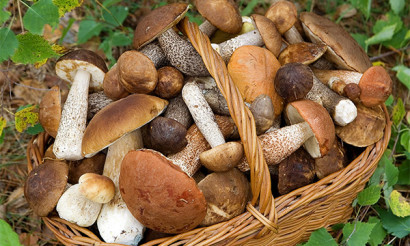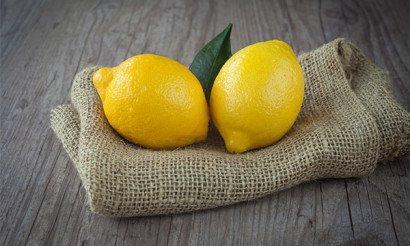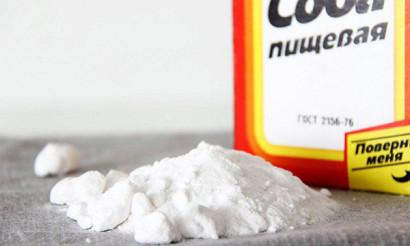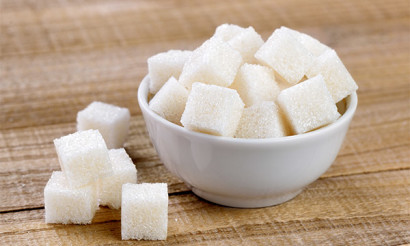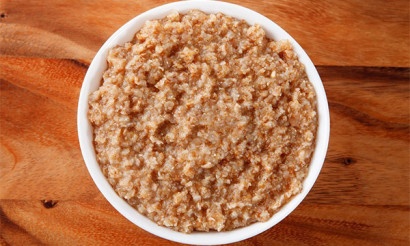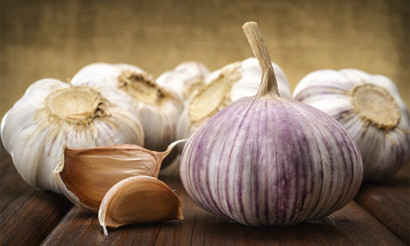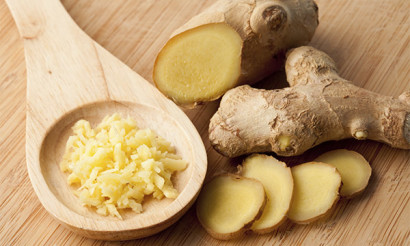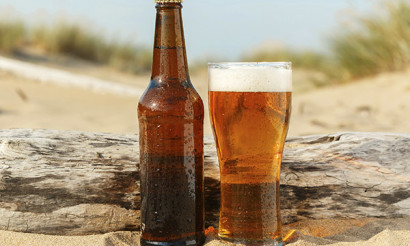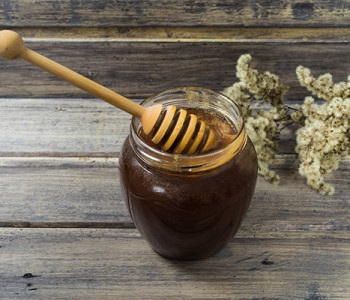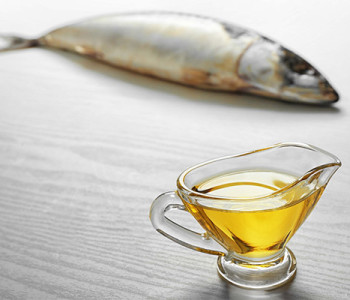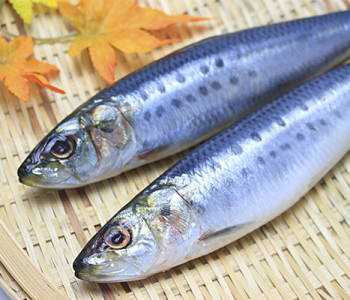How salt affects the human body
Have you heard anything about the benefits of salt for our body? The exception, perhaps, will be only sea salt (and then for use externally in the form of hot baths).
A lot of controversy is surrounding the beneficial sodium content. Its lack can cause hyponatremia - a serious disease. Many have suggested that a salt-free diet can lead to illness. But in fact, the main reason for the lack of sodium in the blood is an excess of fluid in the body.
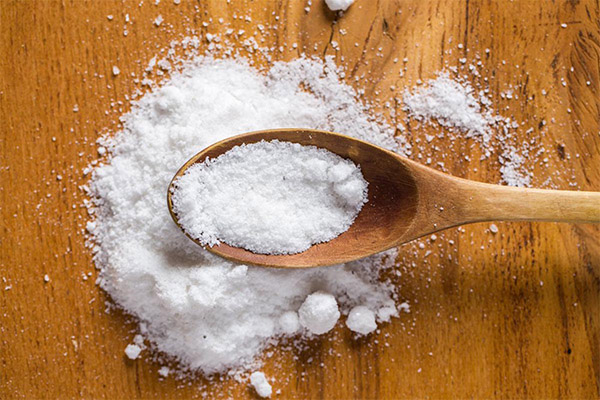
Edible salt is perhaps one of the oldest additives that enhance the taste of food. Accustomed to salty foods, you can no longer enjoy the first and second courses without salt. Their taste seems fresh, empty. Since it has been used since ancient times, perhaps salt is not so destructive for us now?
Types of Edible Salt
There are more than ten types of salt. All of them differ in degree of salinity, grinding and color. Consider the most interesting options:
Pink
Rock salt of a pale pink, heterogeneous shade. It has large granules. Often called the Himalayan - by field. Salt is less salty, environmentally friendly. Many lovers believe that it is extremely beneficial for the body.
Black
Kostroma black salt contains carbon, which has the properties of a sorbent. This salt is used to detoxify the body and cleanse the skin.
Salt flakes
Culinary salt for restaurants. Due to its texture, it is added to dishes in smaller quantities, so consumption is significantly reduced. Flakes are formed during the extraction and special processing of salt by boiling.
The effects of salt on the body
The recommended amount of salt per day that we can consume is 5 grams. In this case, it is necessary to take into account not only pure salt, but also various sauces, ketchups and mayonnaises, as well as convenience foods and ready-to-eat foods. The amount of salt in them is actually not always exactly indicated on the label, so it is impossible to control.
In fact, we eat 2-3 times more, without thinking about the consequences of such a diet. Add to this daily stress, fatigue, bad habits and dangerous cholesterol. Too many factors make our health worse, shortening life expectancy.
In an adequate amount of salt:
- maintains water-salt balance;
- replenishes the supply of electrolytes;
- saturates with sodium.
With the abuse of salt and salty foods occurs:
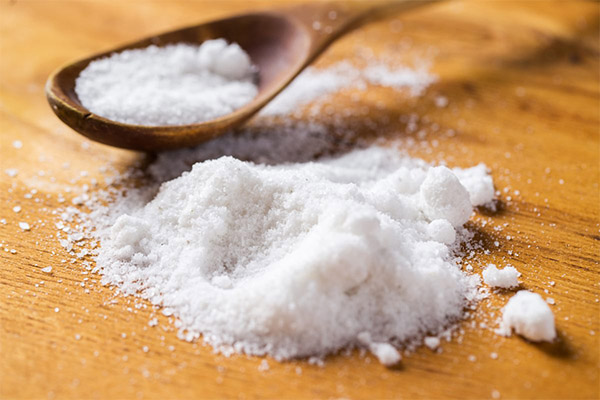
Body accumulation
To date, scientists were of the opinion that salt is completely excreted from the body. But recent studies have proven that it builds up with age and affects our immune system.
Harm to the circulatory system
The relationship of salt with pressure is undeniable. Excessive consumption of salt adversely affects the work of the heart and blood vessels. Such diseases can lead to strokes and heart attacks. At risk are men who consume little plant foods, eat fatty, spicy and salty foods, and also have bad habits.
Water retention
It is a long known fact that due to the abuse of salty foods we swell. At the same time, our internal organs also swell, which interferes with their normal functioning.
Addictive
Like sugar, salt, like a drug, makes us addicted. To refuse it every day becomes more and more difficult. Many do not even notice how they try to salt all the dishes in a cafe or restaurant.
"Salt burn" of the body
This is a new term often used by nutritionists now.“Salt burn” occurs when a person who uses a large amount of salty foods, over time, ceases to feel the measure. Food seems to him under-salted or unsalted in general.
A complete rejection of salt intake simply cannot be. Almost all products, except those that are of plant origin, contain sodium chloride. Bakery products, corn flakes, pizza, as well as prepared meat products are saturated with this substance. Our traditional salt-rich dishes include pickles. As a result, two extra glasses of salt per month instead of the put half a glass.
«Important: all information on the site is provided exclusively in fact-finding purposes. Before applying any recommendations, consult with a profile specialist. Neither the editors nor the authors are liable for any possible harm caused materials. "

